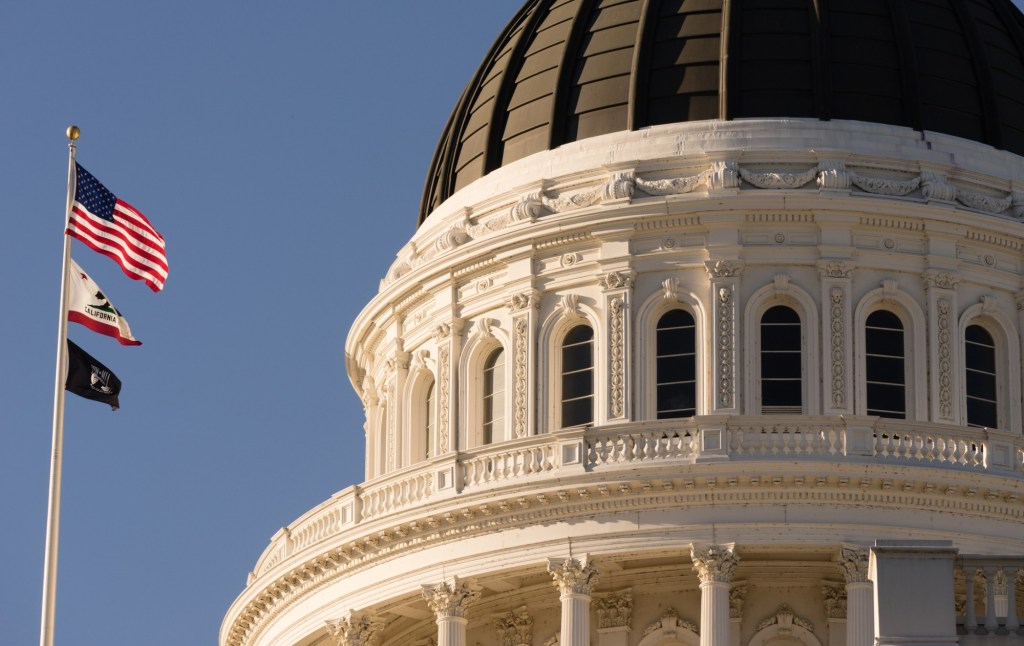
Politicians seldom pay a political price when they talk out of both sides of their mouths, tell everyone what they want to hear, and don’t do what they promised. However, on the issue of reparations, it may be different.
In September 2020, Gov. Gavin Newsom signed Assembly Bill 3121, creating the Task Force to Study and Develop Reparation Proposals for African Americans, with a Special Consideration for African Americans Who are Descendants of Persons Enslaved in the United States.
The “task force” is a favorite tool in the hypocrite’s tool box. It provides the opportunity for a solemn, usually televised, statement about the high importance of addressing a serious issue.
Then there’s a length of time to appoint and organize the task force, study the issue and write the report.
Typically this time period extends past the next election. In the case of the reparations task force, it extended past the 2020 election and the 2022 election.
But then in 2023, as the task force completed its 1,000-page final report, Newsom poured cold water on the idea of reparations payments. He told Fox News Digital that the reparations issue was “about much more than cash payments.”
What he meant, of course, is that it was going to be much less than cash payments. Which was a big deal, considering the reparations panel suggested payments of as high as $1.2 million per eligible Black person who could demonstrate they had suffered harms identified by the panel.
Nonetheless, reparations supporters moved ahead with legislation to implement some of the task force’s recommendations. But then on Aug. 31, the last day of the legislative session, two bills by Sen. Steven Bradford, D-Inglewood, were sent to the “inactive” file instead of being brought to the floor for a vote.
Senate Bill 1403 would have created a new state agency to determine eligibility for reparations and SB 1331 would have established the Fund for Reparations and Reparative Justice in the state Treasury.
CalMatters reported that Newsom’s administration demanded amendments that would have replaced the bills with another study. And just in time to get the issue past another election and avoid having to deal with any of this.
Supporters of the bills were enraged. Chris Lodgson, an organizer with the Coalition for a Just and Equitable California, blamed the Legislative Black Caucus for blocking the bills and told CalMatters, “There has to be a political price to pay. I don’t know if these people can remain in office. To be honest, I don’t think these people can remain in office.”
Bradford dismisses such remarks as wasted energy, but then again he would, considering he is now running to be lieutenant governor of California.
But the saga of the reparations idea does raise a good question: Does hypocrisy really have a political price? Probably not, but there’s a first time for everything.

